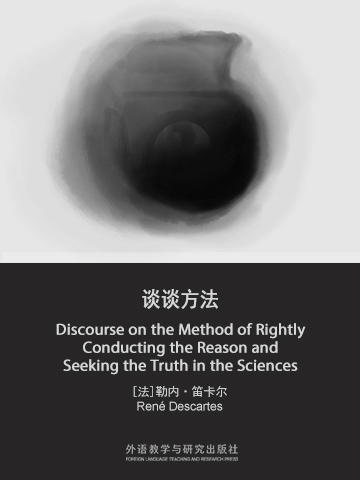René Descartes (31 March 1596 – 11 February 1650) was a French philosopher, mathematician and writer who spent most of his life in the Dutch Republic. He has been dubbed the father of modern philosophy, and much subsequent Western philosophy is a response to his writings,which are studied closely to this day. In particular, his Meditations on First Philosophy continues to be a standard text at most university philosophy departments. Descartes' influence in mathematics is equally apparent; the Cartesian coordinate system — allowing reference to a point in space as a set of numbers, and allowing algebraic equations to be expressed as geometric shapes in a two-dimensional coordinate system (and conversely, shapes to be described as equations) — was named after him. He is credited as the father of analytical geometry, the bridge between algebra and geometry, crucial to the discovery of infinitesimal calculus and analysis. Descartes was also one of the key figures in the scientific revolution and has been described as an example of genius. He refused to accept the authority of previous philosophers, and refused to trust his own senses. Descartes frequently sets his views apart from those of his predecessors. In the opening section of the Passions of the Soul, a treatise on the early modern version of what are now commonly called emotions, Descartes goes so far as to assert that he will write on this topic "as if no one had written on these matters before". Many elements of his philosophy have precedents in late Aristotelianism, the revived Stoicism of the 16th century, or in earlier philosophers like Augustine. In his natural philosophy, he differs from the schools on two major points: First, he rejects the splitting of corporeal substance into matter and form; second, he rejects any appeal to final ends—divine or natural—in explaining natural phenomena. In his theology, he insists on the absolute freedom of God's act of creation.























 京公网安备 11010802032529号
京公网安备 11010802032529号
笔记加载中...